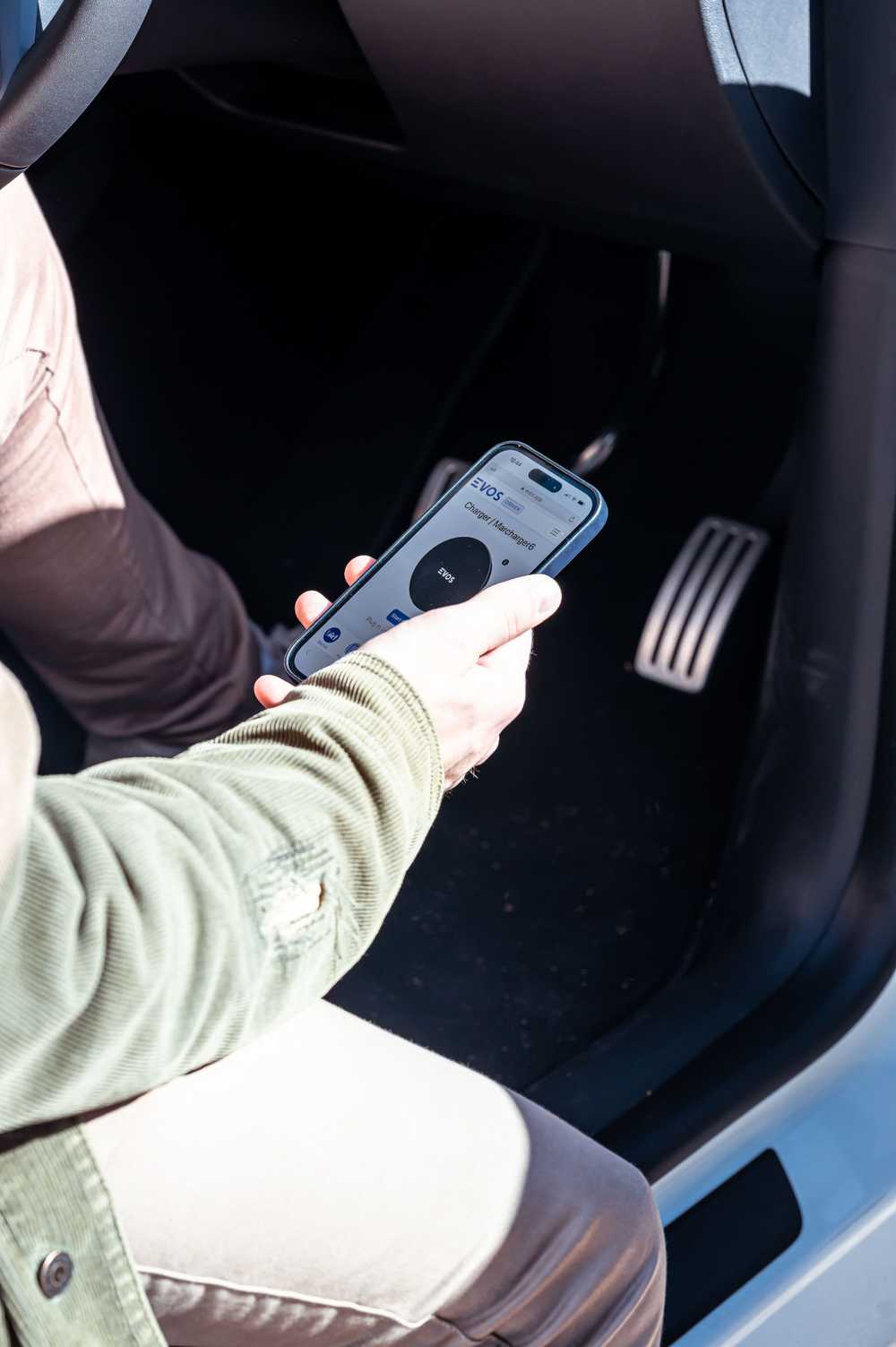Revolution on the Road

Revolution on the Road: How Electric Vehicles Are Driving Data-Driven Change for Australians As we venture further into the 21st century, a key trend is reshaping the automotive landscape: the shift towards Electric Vehicles (EVs). This trend is increasingly evident in Australia, where the interest in sustainable, smart, and efficient modes of transportation is on the rise. But there’s more to EVs than meets the eye. Beyond their eco-friendly nature, EVs are set to transform our driving experience, notably by becoming a part of the Internet of Things (IoT) ecosystem. Here’s a look at how this data-centric approach to transportation will revolutionize the lives of Australian drivers.
1. EVs: The New IoT Devices on the Block
With a myriad of onboard sensors and internet connectivity, EVs are evolving into full-fledged IoT devices. Their ability to capture, analyse, and transmit data will fundamentally alter our driving habits. For data-savvy Australians, this ushers in a new era of data-informed decision-making.
With an EV, every trip becomes a source of data: distance travelled, energy consumed, driving style, and even the impact of weather conditions on your drive. Access to this detailed information allows drivers to optimize their driving habits, maximize efficiency, and save on energy costs.
2. Data-Driven Insights for Enhanced Driving Efficiency
The data generated by EVs provides real-time insights into the vehicle’s performance. For instance, monitoring battery usage data can help identify the most energy-efficient routes or the optimal time for travel.
Moreover, through machine learning algorithms, EVs can analyse your driving habits and provide personalized recommendations. They might suggest smoother acceleration or braking habits or provide tips for maximizing regenerative braking, all leading to improved energy efficiency and extended battery life.
3. Integrating with Home Charging Systems
One of the most exciting aspects of EVs becoming IoT devices is their integration with smart home systems, particularly solar-powered home charging stations. Many Australian homes already use solar panels, and their combination with EVs creates a unique synergy.
By connecting your EV to a solar-powered home charging system, you can optimize your vehicle charging based on solar production data. For example, your EV could be set to charge primarily during the sunniest parts of the day, maximizing the use of renewable energy and reducing reliance on the grid. Furthermore, in future grid-responsive homes, your EV could even feed energy back into the grid during peak demand, acting as a mobile energy storage unit.
4. Reinforcing Data Security and Privacy
As with any IoT device, the rise of connected EVs also brings concerns about data security and privacy. It’s important that the auto industry, regulatory bodies, and consumers all work together to ensure the secure transmission and storage of data. Transparency about what data is collected, how it’s used, and who it’s shared with will be essential to building and maintaining trust in this new era of connected driving.